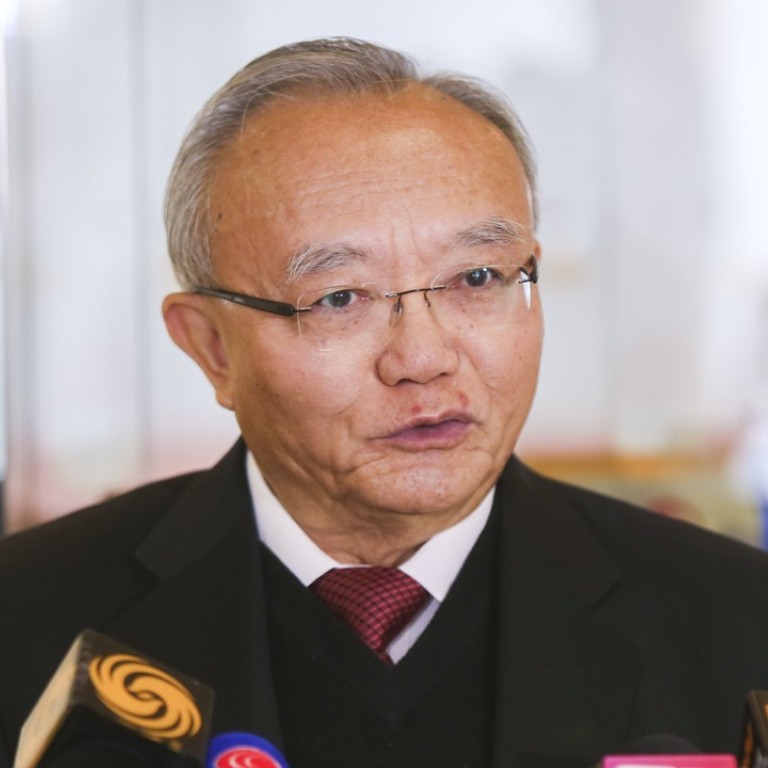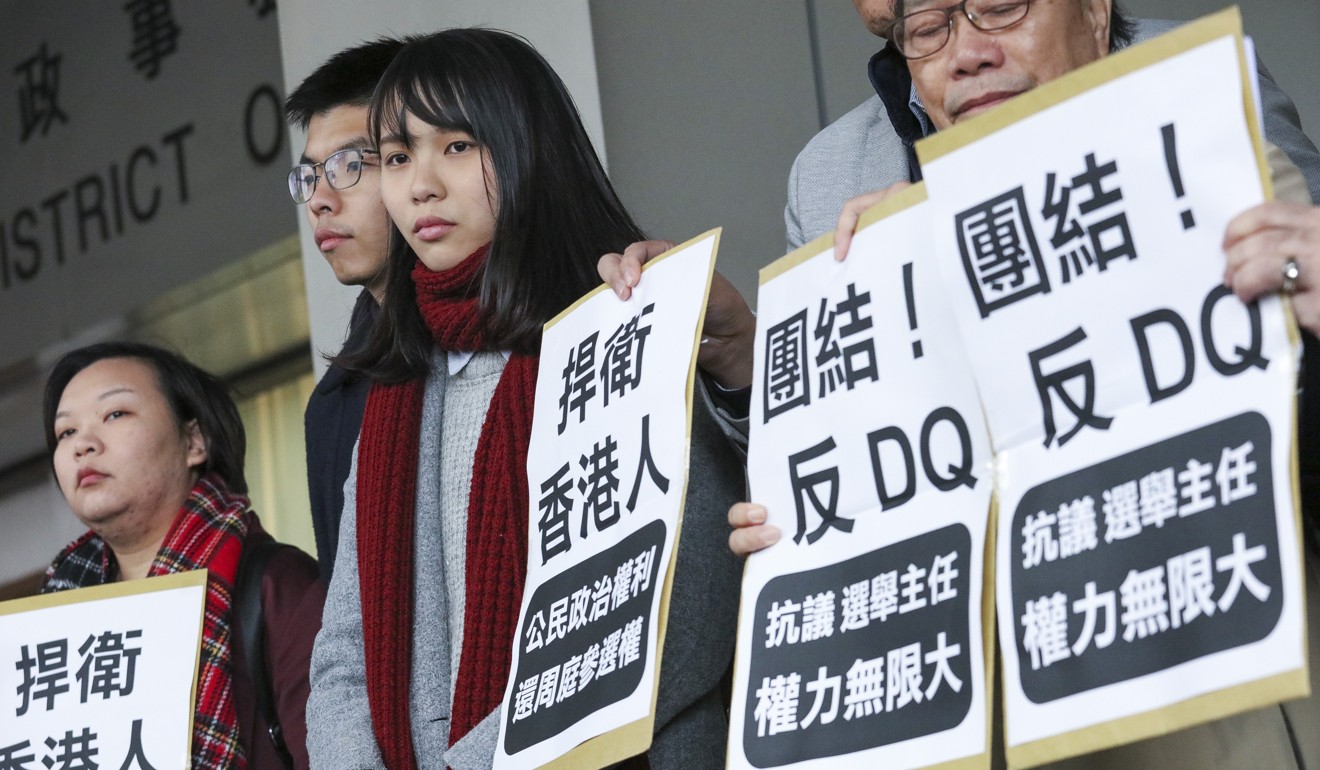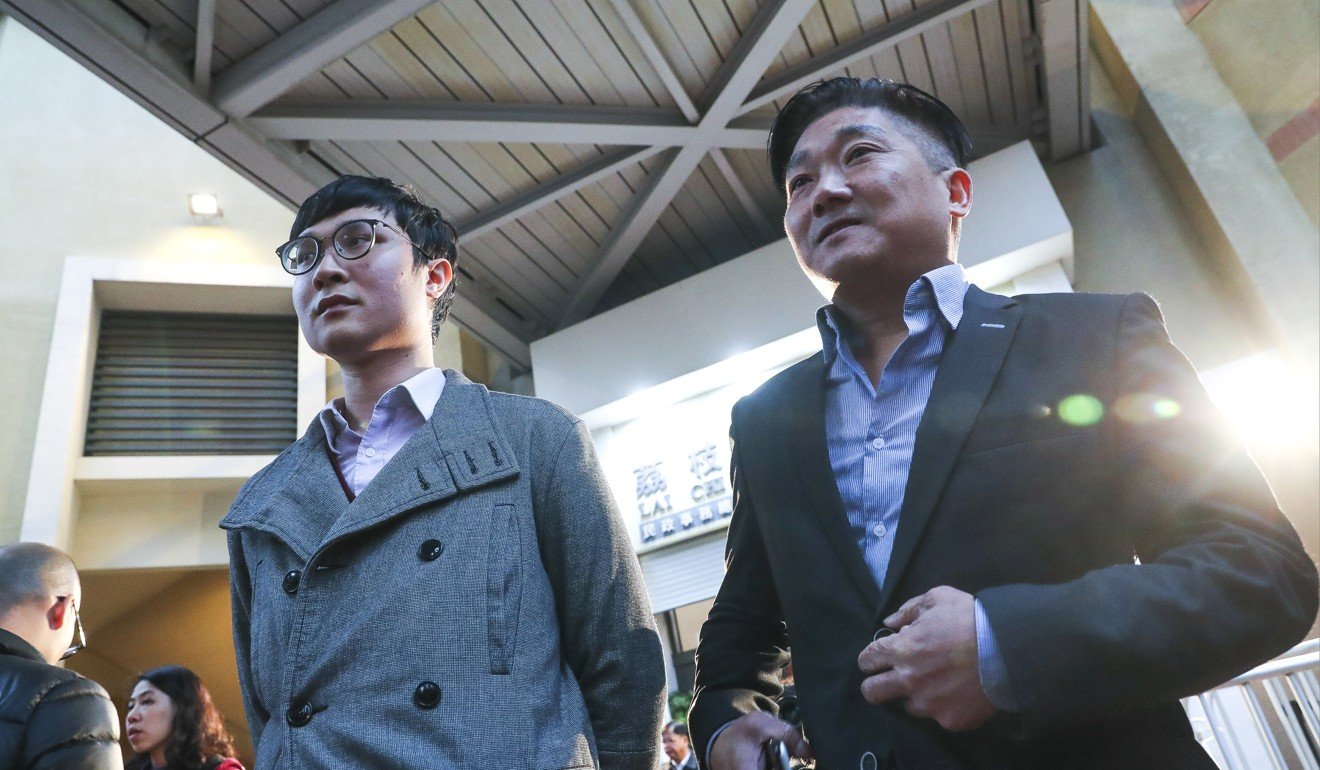
Opposition to controversial national security law could become new reason for Legco election ban, Beijing adviser says
Think tank vice-chairman Lau Siu-kai says rules on disqualification of candidates are unclear, and hopefuls have to be ‘as cautious as possible’
The rules on who can be barred from running for Hong Kong’s legislature are unclear, an expert on the city’s constitutional affairs acknowledged on Monday, adding that even opposition to a controversial national security law might get a candidate rejected.
Lau Siu-kai, vice-chairman of The Chinese Association of Hong Kong and Macau Studies, a semi-official think tank, said: “I agree that the existing rules [for disqualifying election hopefuls] are not clear.
Lau’s comments, on a radio programme, came one week after the nomination period for the March 11 Legco by-election closed.

The vetting of election candidates aroused heated debate at home and abroad, eliciting a statement from the European Union warning about the risk of diminishing Hong Kong’s international reputation as a free and open society.

Despite this, Lau said during the radio show that Beijing’s will had a part to play in the decision-making.
“The returning officer of course has to shoulder the responsibility [for the decision to disqualify the candidate]. But I believe the officer had to consider the stance of the Hong Kong government, and the Hong Kong government had to consider the stance of the central government, although by law the decision could be made only by the officer,” he said.
It will be problematic if you oppose the legislation … But if you are just saying that it’s not the right time or some specific terms are against some local values, it should be fine.
Lau added that in the future, people who opposed the enactment of local legislation for Article 23 of the Basic Law might be barred from running in Hong Kong elections.
Article 23 stipulates that the city should make its own laws to safeguard national security by banning subversion of state, separation, stealing state secrets, foreign political organisations’ activities in the city and local political organisations’ connection with foreign political groups. The Hong Kong government’s last attempt to launch such legislation in 2003 triggered a huge public outcry, with half a million people protesting in the streets.
“It will be problematic if you oppose the legislation, arguing that Hong Kong has no responsibility to protect national security,” Lau said. “But if you are just saying that it’s not the right time or some specific terms are against some local values, it should be fine.”
Lau, who has long been an adviser to Beijing on Hong Kong affairs, said both the central and local governments used to be rather laissez-faire on issues related to implementation of the Basic Law but had tightened their grip in recent years as more voices challenging Beijing’s authority or suggesting Hong Kong’s separation were heard.
“It’s still unclear to what extent and how strictly the governments want to execute [China’s constitution and the Basic Law], because we are still at an early stage of institution building. At this stage, you may get into trouble if anyone thinks that you are trying to separate Hong Kong from China,” he said.
“To those who wish to run in elections, the only way left is to remain as cautious as possible. Do not say or do anything that may be caught as evidence of separatism.”

